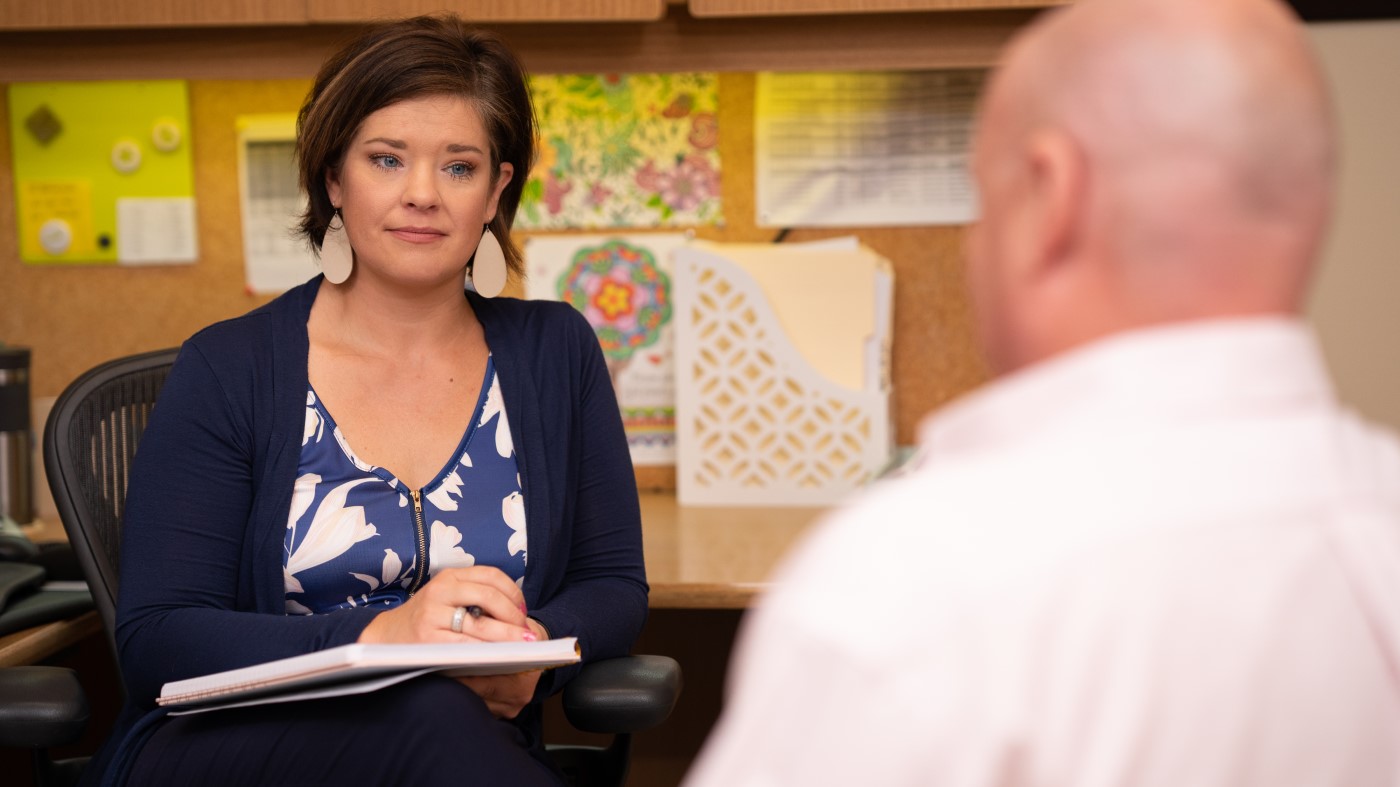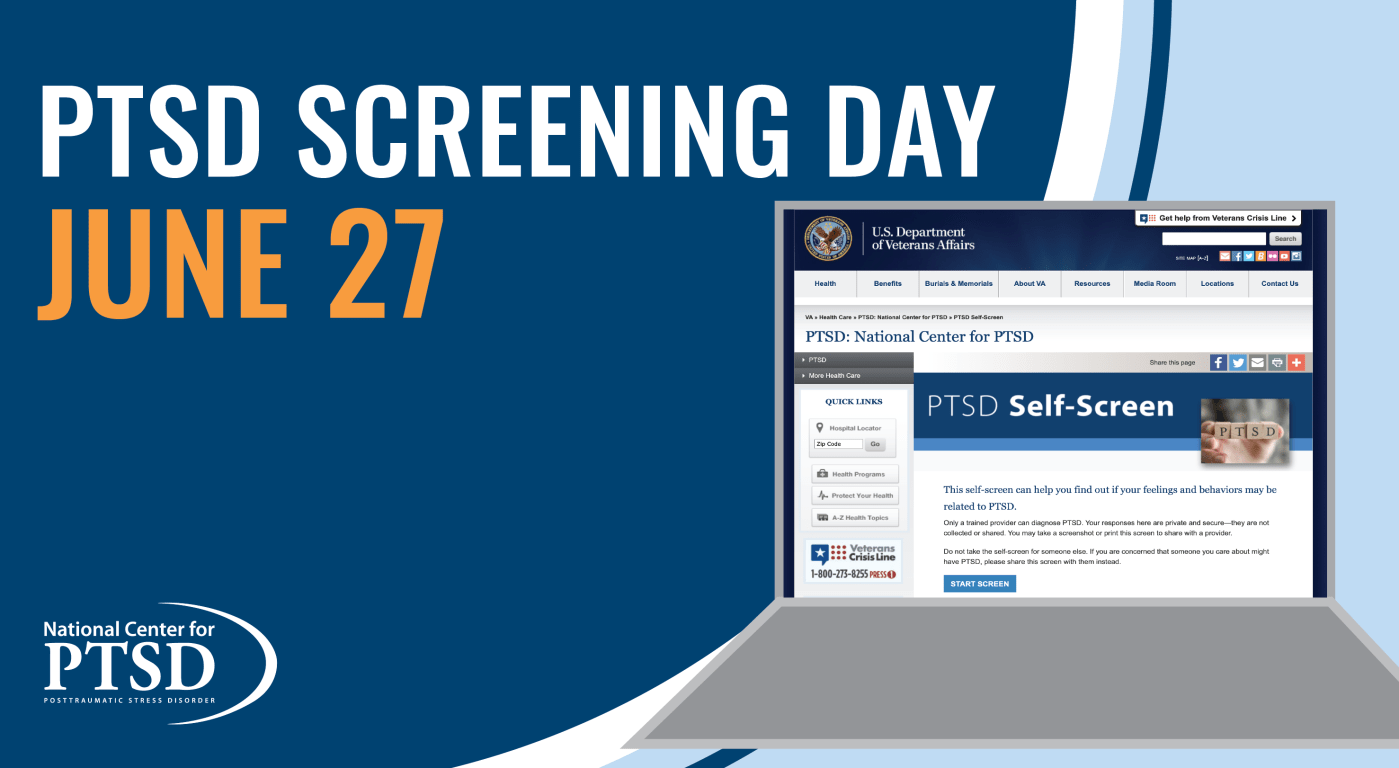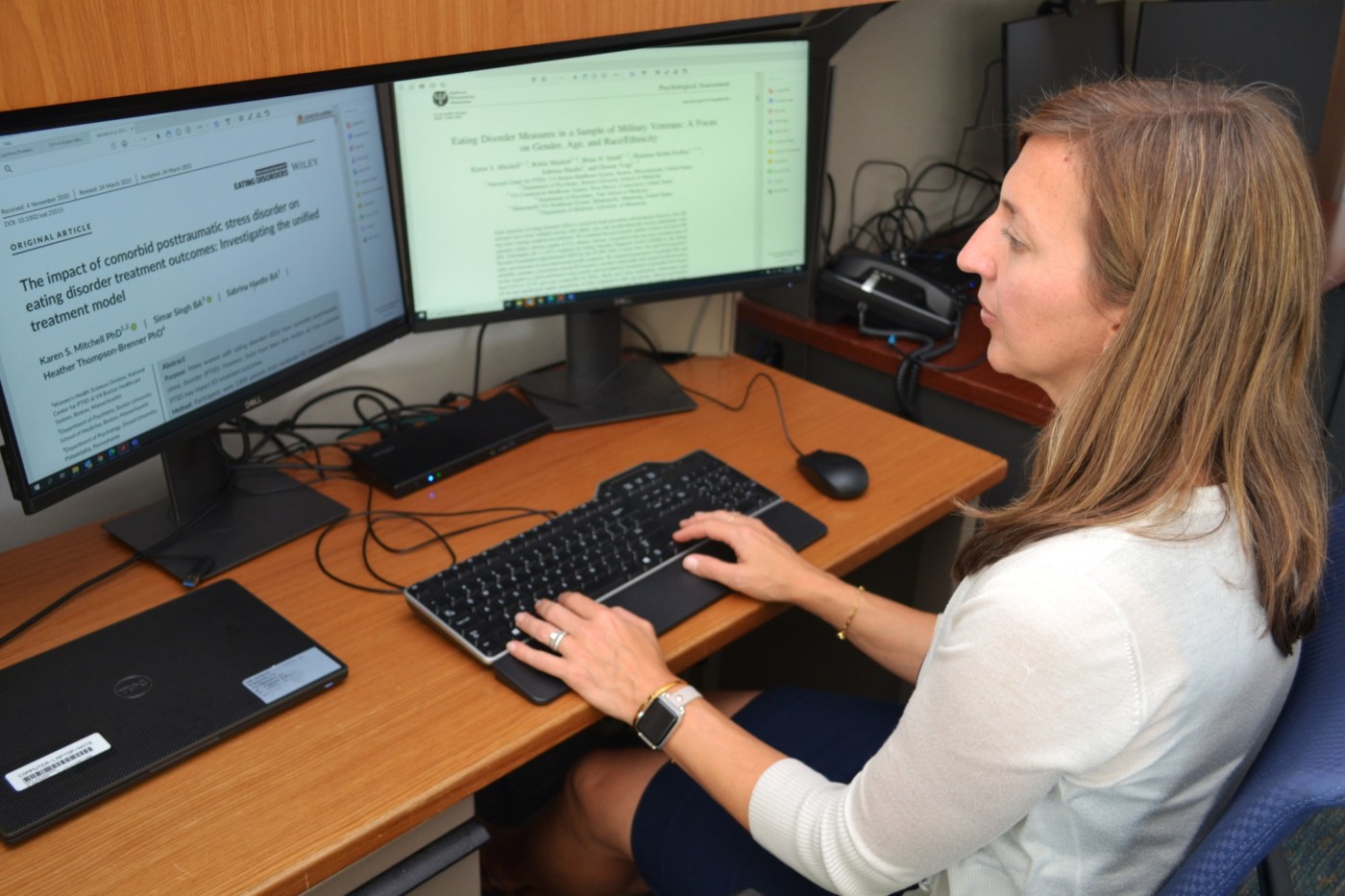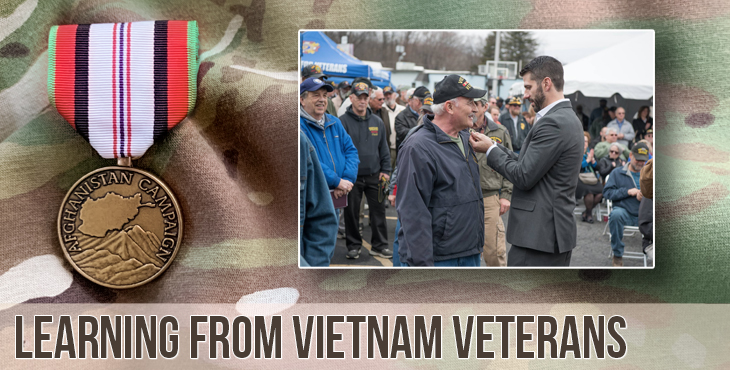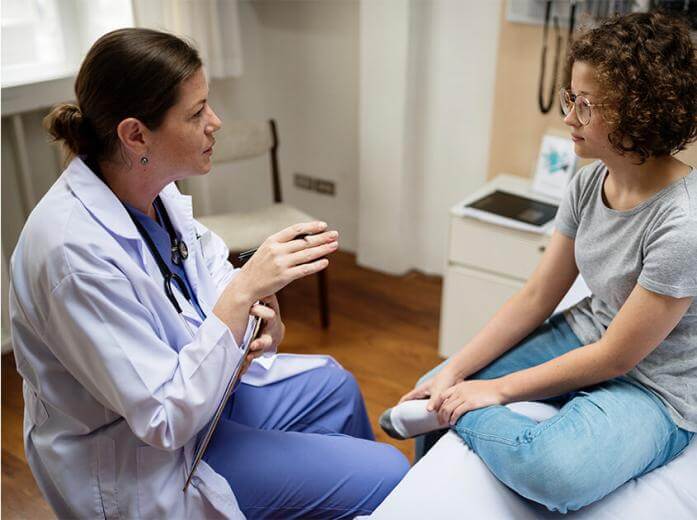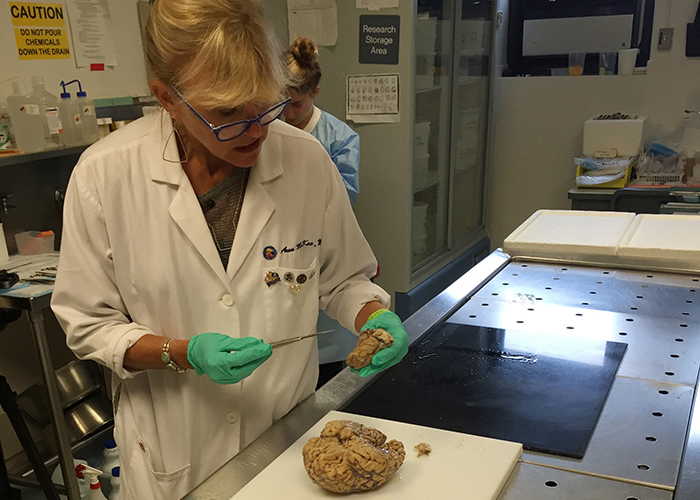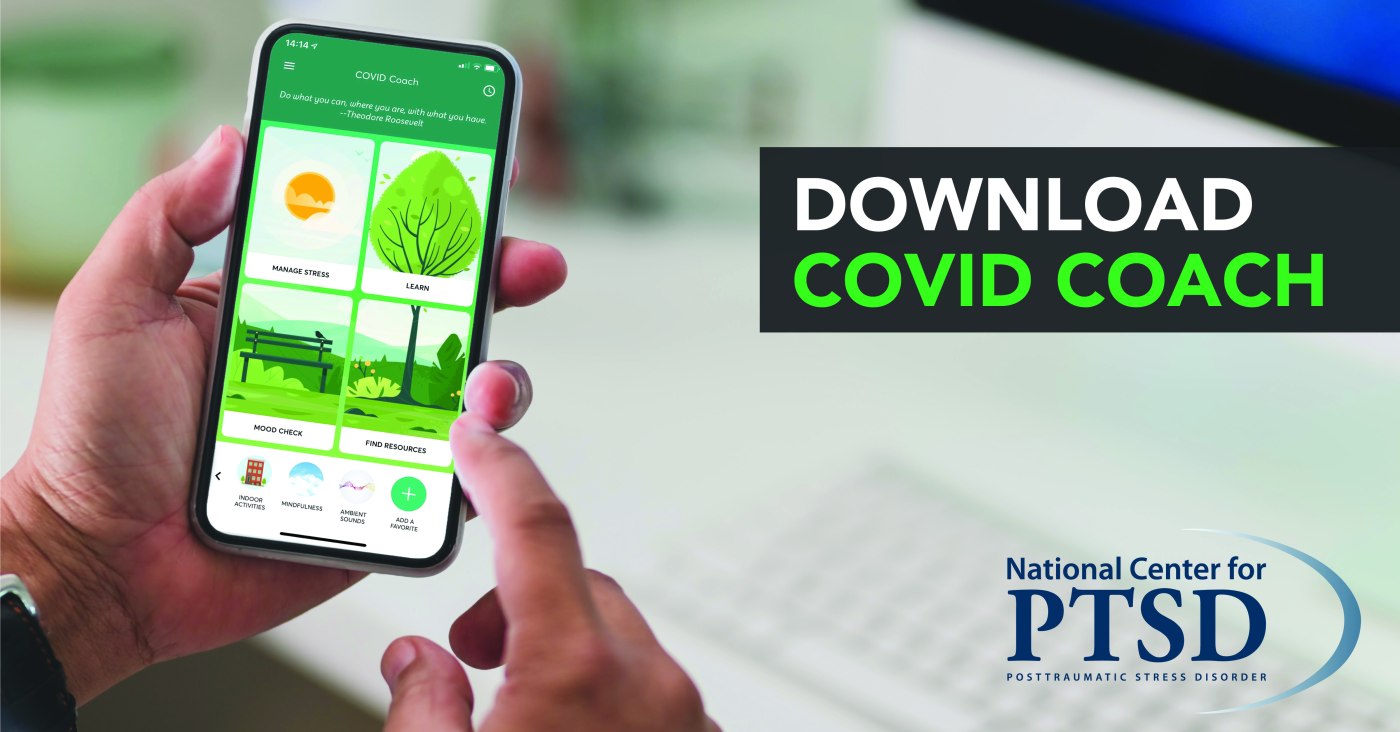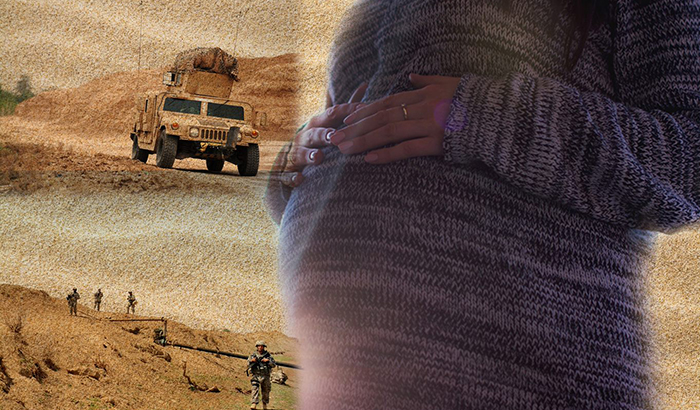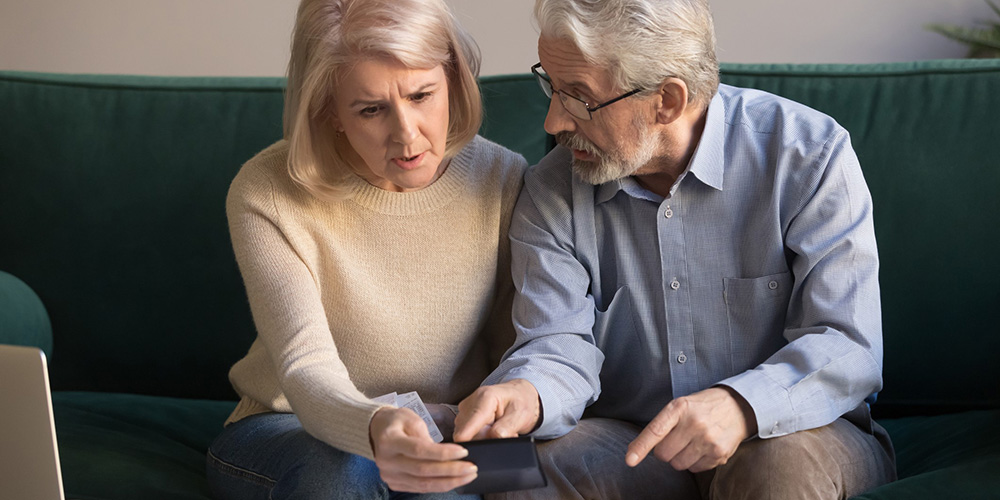As a member of our team, you can help research treatments and solutions, expand the evidence base for effective solutions and help disseminate that information on PTSD.
National Center for PTSD is launching PTSD Screening Day, encouraging Veterans who experienced trauma to start a conversation about recovery.
The Renfrew Center created the Unified Treatment Model. It’s a modified version of the Unified Protocol, a form of cognitive behavioral therapy for people diagnosed with depression, anxiety disorders, and emotional problems.
The second part of this series focuses on how those who served in Afghanistan can learn from those who served in Vietnam. While the conflicts are different, there are parallels.
VA trains more psychology profession trainees than any health care system in the nation. The nation’s leading provider of treatments for PTSD, VA offers hope of healing for the silent wounds of war.
PTSD affects many areas of a woman’s life, including relationships, work, sleep and even reproductive health. Dr. Nillni’s research aims to understand the ways that trauma and PTSD impact women in their childbearing years, and especially during and right after pregnancy. Her research helps women get better care for PTSD during pregnancy, which benefits their families too.
The study, led by Dr. Matthew Girgenti of VA and Yale, is the first to pinpoint genetic changes related to PTSD that are specific to gender, and to certain brain subregions.
Join the National Center for PTSD’s 30 Days of Self Care with the the COVID Coach mobile app. Download the app today for tips on how to relax and recharge.
A new VA study of women Veterans has found that elevated symptoms of PTSD and moral injury can lead to pregnancy complications, such as preterm birth.
Older adults are more likely to try and cope with PTSD issues by themselves instead of seeking treatment. Here are some challenges faced by older Veterans and strategies for how to deal with them.

